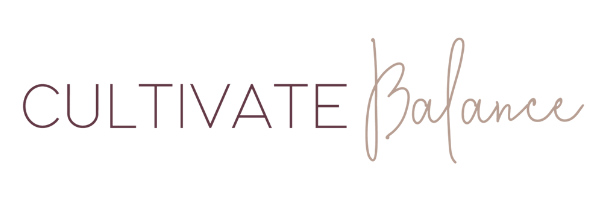Autumn is a season when leaves let go and fall. As such, it is a time when we too can release what no longer serves us and give back to the Earth. Yet, for us activated ladies, this transition from the hot and active summer to winter’s stillness and cold can be difficult physically, emotionally, and mentally.
From an Ayurvedic perspective, the innate erratic nature of fall provokes the winds of vata – it is dry, light, cold, and rough. These quick, unpredictable winds can disturb imbalances that may already exist in the body, leading to dis-ease down the road. This can manifest in emotional states such as restlessness, anxiety, and worry, or in the physical body as dry skin, constipation, and aching joints. However, if you skillfully support your body this season skillfully, you'll find that it's actually an opportunity to slow down and go within.
Fall invites us to reassess and reevaluate, to take stock of what we have and shed what is no longer in service of our vision. You may take this moment to pay extra special attention to your thought patterns, relationships, habits, or material possessions. At this time we are supported to develop a minimalist attitude for the depths of winter that follow. As the winds blow, it is wise to grow strong roots and flexible branches.
Here are a few Ayurvedic suggestions for your Fall Self-Care
Autumn is the time to pacify Vata dosha, to eat warm, oily and well-cooked foods (such as nourishing broths and soups) and dress in layers as you stoke the first fires for winter. It is a good time to stay in place, to ground in, and to deepen your wellness routines. Here are a few tips...
Get good rest
Sleep helps to mitigate any vata disturbance, be it in the mind, body, or emotions. Having a good flow to your sleep-wake cycle is one way that the body regulates and activates a healthy biorhythm. Rise early with the quietude at around 6 am, and get to sleep early, sometime before 10 pm.
Touch your feet and your belly to the Earth
Exercises that support the vata dosha are simple: get outside in the woods and walk barefoot! If you don’t have woods close by, walk in a park, slowly, paying attention to your steps. It is important to not overexert, so keep the movement easy and gentle.
Do slow, easy yoga asana
Yoga asanas such as the Sun Salutation (surya namaskar) mitigate Vata's cold quality; and restorative, slow practices calm the nervous system (breathe deeply!). Poses that target the lungs and colon are of benefit. Generally speaking, lying on the belly is helpful so try postures such as Cobra, Bow and Locust. Any and all side twists can soothe fear that might take refuge in the abdomen and internal organs. Standing postures in which your feet are firmly rooted on the Earth, specifically Tadasana, can ground you and offer strength.
Oil your body
After body movement, breathing, and meditation, oiling your body before you bathe is a wonderful vata and pitta-soothing practice. Sesame oil is an excellent choice, as it is slightly warming, penetrating deeply into your skin. Massaging your body can help turn any stagnant ponds into clear running rivers, and is said to improve sleep, inspire the skin to glow, increase longevity and "impart softness" to the body. Banyan Botanicals makes an excellent Daily Massage Oil that balances all three doshas. Each morning, take a few minutes to massage, at the very least, your hands and feet in firm circular motions, then take a warm shower.
Eat a vata-soothing diet
According to Dr. Vasant Lad, a vata-soothing diet compromises of 50% grains, 20% proteins, and 30% veggies. So enjoy some kitchari, barley, rice, oats, eggs, and cheese, as well as all of the vegetables in the garden that are vital and growing now. Eat foods with more sweet, sour, and salty tastes, and avoid fasting and raw foods during this time. What you put in your body is what fuels you and all of the ways you show up in the world, so eat well, simple, and savor the dish.
Stay hydrated
During the dry autumn season, it is important that you drink water as often as possible throughout the day. Remember, you are nearly 70% water and so this is a simple action that can greatly affect your health. If you are a coffee drinker, perhaps cut back, or at least do your liver a favor and drink water before you sip that cup of Joe.
Try Vata Kshirapaka
The classical and traditional method of making milk medicated with herbs and spices is called kshirapaka in Sanskrit.
To make Vata Kshirapaka, you'll need:
1 cup Milk (Cows, Goat, Almond …whatever you like)
1 cup water
¼ tsp each Cardamom, Ginger, Cinnamon, Turmeric
Pinch of Black Pepper
Honey or maple syrup to taste
Ghee to taste
Warm the milk and water on the stove top, add the spices. Stir regularly until the liquid has been reduced to half (in this recipe, half will be about 1 cup). Take it off the stove, while still warm, and add the honey and ghee.
Mix and enjoy!
Self care is a radical act — when you are vibrant and awake, you have the clarity and energy to show up for what you believe in. Cultivate Balance provides Ayurvedic consultations, Goodness Guides, and online wellness courses that support you to nurture yourself so you can nurture the world. Dive in with our FREE mini-course, The Basic Balance Challenge!



